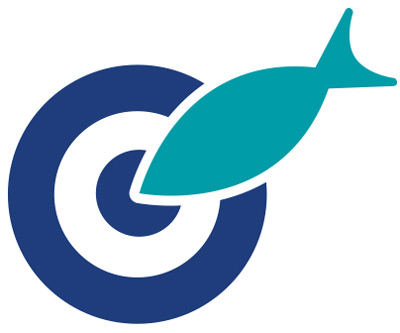Today's Main Story: Newfoundland Northern Cod  Will Need more than a FIP, It will Need the Unity of All Stakeholders
Will Need more than a FIP, It will Need the Unity of All Stakeholders
Newfoundland's Northern cod stock is coming back and there is a scramble to set up a certification scheme for the once iconic fishery. John Sackton writes of the emergence of two separate groups--the Groundfish Industry Development Council and the Northern Cod Fishery Improvement Project -- that are already working on separate schemes. However, in Sackton's view, it is crucial for these two groups, in addition to all industry stakeholders in the province, to come together to manage the return of the Northern Cod fishery. "The future success of Northern Cod depends on social and government policies in Newfoundland, which have to be supported and developed by all industry stakeholders," Sackton writes. "Northern cod could become a marker for a new system of Canadian fisheries management that would make a definitive break with the past."
Squid fishing in Argentina appears to be a bust just days into the new season. Landings are down about 60 percent compared to this time last year. Limited landings have caused prices to more than double over 2015 figures.
In other news, scientists believe warmer Pacific waters are impacting Alaska's salmon run forecasting models but aren't quite sure how. “It’s really hard to talk about salmon runs all across the coast in any one single focus because they all kind of do different things,” said Brian Beckman, a research fishery biologist at National Oceanic and Atmospheric Administration’s Northwest Fisheries Science Center in Seattle. “The Blob does not have one specific effect across all salmon stocks.”
The Seafood Expo Global trade show opened today in Brussels. Early reports from the show floor suggest activity has been quiet. About 5 percent of this year's exhibitors canceled attending the show following the March 22 terrorist attacks at the city's airport and metro station.
Finally, US shrimp buyers say a record-setting heat wave in India is forcing their suppliers to harvest shrimp early out of fear that high temperatures in the ponds will cause disease issues. These early harvests are producing more smaller-sized shrimp. However, buyers say the heat wave's impact, if any, to Indian shrimp output won't be fully realized for about another month when the region’s prime production period normally starts.
To Read Full Story Login Below.